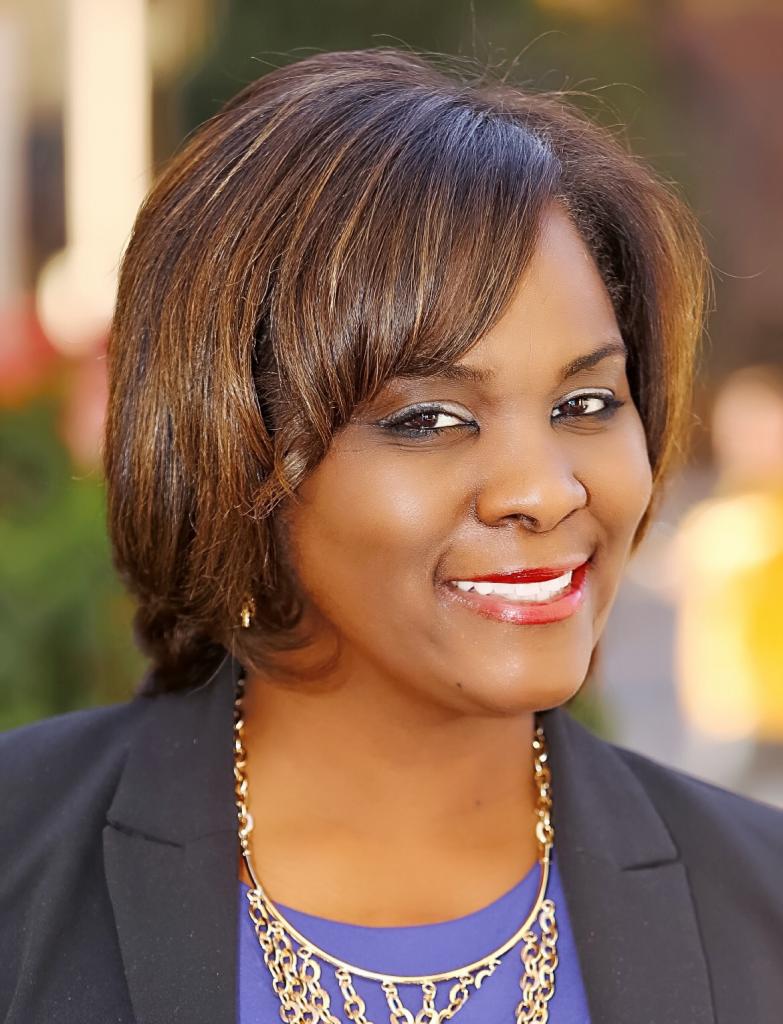TechTank: How Will Biden’s Broadband Infrastructure Plan Address Rural Poverty While Closing the Digital Divide?
Published by The Lawfare Institute
in Cooperation With

In early August, the U.S. Senate unveiled the draft language for the bipartisan Infrastructure Investment and Jobs Act, a $1 trillion bill that allocates $65 billion to broadband infrastructure. These targeted investments seek to make high-speed internet access more affordable and accessible, particularly for underserved rural communities. Introduced by President Biden and Vice President Kamala Harris, this proposal joins a host of other efforts to bolster online access for citizens, including programs like the Emergency Connectivity Fund and Lifeline program, to connect underserved communities with affordable broadband service.
As of 2021, a quarter of American adults do not have broadband internet service at home and those in rural areas are disproportionately impacted by the lack of internet access and adoption. Seventy-two percent of rural residents have home broadband access, compared to 79 percent of suburban residents. The areas hit the hardest when it comes to lagging broadband services are the Black rural South where the legacy of Jim Crow continues to keep many trapped in the cycle of poverty. Among Blacks from very rural communities, the number of people who lack internet access goes up to 38 percent, according to a report published by the Joint Center for Political and Economic Studies.
Will the infrastructure deal be sufficient to close rural broadband gaps, especially among disadvantaged Black and Latino southerners? What local challenges lie ahead in the deployment of these resources? And what else should policymakers, industry, and civil society be doing to support these unconnected communities? On this episode of the TechTank podcast, host Nicol Turner Lee dives into all these issues and more with special guests:
- Oleta Fitzgerald, Director of the Children’s Defense Fund’s Southern Regional Office and the Regional Administrator for the Southern Rural Black Women’s Initiative for Economics and Social Justice;
- Joe Kapp, President and Cofounder of the National Center for Resources Development, and Cofounder of Rural Rise; and
- Barry Toser, Executive Vice President of Declaration Networks Group
You can listen to the episode and subscribe to the TechTank podcast on Apple, Spotify, or Acast.





